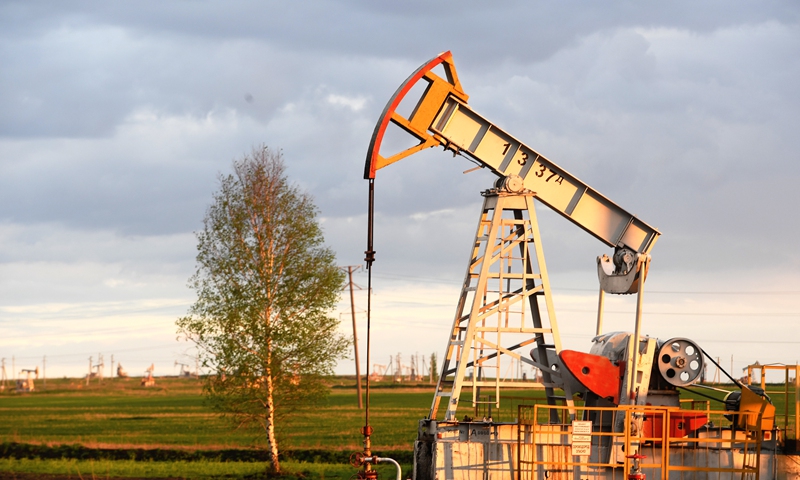Geely and Tesla..and conducive ecosystem provide support
KUALA LUMPUR: Malaysia is on the right path to become an electric vehicle (EV) powerhouse in South-East Asia with the government aggressively promoting a conducive EV ecosystem, supported by strong business commitment shown by two world-renowned automotive companies, Geely and Tesla.Malaysian Automotive Association (MAA) president Mohd Shamsor Mohd Zain said the entry of China’s Zhejiang Geely Holding Group Co, or simply Geely, and United States-headquartered Tesla Inc into the Malaysian market serves as a clear indication of the country’s relevance in the regional automotive landscape.
He said the two auto makers, with their vast global experience and access to leading technologies, could introduce new ideas and ways of doing businesses to the local automotive sector, such as high-tech research and development (R&D) in new products that might not be currently available in the country.
“For example, electrification means a change in vehicle components, with more focus given to battery manufacturing and other specialised components for EVs.“We would also see the industry adopting new skillsets and infrastructure suited to varying degrees of electrification – from mild hybrids to fully electric vehicles – besides reskilling or upskilling the automotive workforce, whilst opening up new opportunities for innovation, R&D and high-value manufacturing of components,” he told Bernama.
He added that with the right government support, infrastructure and policies in place, Malaysia is well positioned to be a regional hub supporting the global growth of EVs given its strategic positioning and favourable economic conditions.
Malaysia is a major electrical and electronics manufacturing hub in South-East Asia; therefore, he said, automakers and automotive investors can seamlessly leverage on this capacity to secure their supply chains for growing their production of next-generation vehicles.
The components sub-sector can be capitalised on to service the whole automotive value chain, covering semiconductors, sensors, automotive electronics, transceivers, batteries, and vehicle assembly.
Mohd Shamsor said with more than 40 brands in the domestic market currently, the entry of new players would undoubtedly add greater excitement to the market and generate more interest among consumers.
Besides, it would also create a buyer’s market by providing more choices and increasing competitiveness, keeping all automotive players on their toes and resulting in better services and offerings for consumers.
“Malaysia may be new to the EV industry, but with the solid support of the current government and progressive national policies coupled with fast-growing consumer uptake, we foresee rapid holistic growth in our local EV market.
“New players in the EV space will lead to greater competition, which in turn will spur more investments from automotive players and improvements in the quality of products and services offered,” he pointed out.
Additionally, Mohd Shamsor said, with more EVs, including the completely knocked down models, coming into the country, there would also be new business opportunities for the vendors.
Meanwhile, Icats University College pro vice-chancellor Prof Datuk Dr Shazali Abu Mansor said EV is still considered as a niche market for the domestic automotive landscape, and that strong demand and supply are equally important for the industry to penetrate the Malaysian market at a meaningful rate.
He said as Malaysia manages its competitive advantages according to world standards, major adjustments in the structure of employment, tax, and subsidy allocation are inevitable in the journey towards creating critical mass.
“In some prominent EV countries, carbon tax is implemented to encourage both consumers and manufacturers to shift towards more environment-friendly vehicles.
“Malaysia used to be an agriculture and commodity-based country, but now the economy boasts robust manufacturing and service sectors, and is going to be a high-tech nation by 2030.
“We must move on and make way for new changes,” he reckoned.
Disrupting force
EVs powering homes during blackouts
Tesla will make Malaysia's EV ecosystem more competitive
Malaysia Set To Be EV Powerhouse in South East Asia!
Geely's RM30bil investment in Tanjung Malim a boost for ...
Musk’s Starlink lands in Malaysia
Elon musk's Starlink satellite internet is now available for subscription in Malaysia #starlink






























